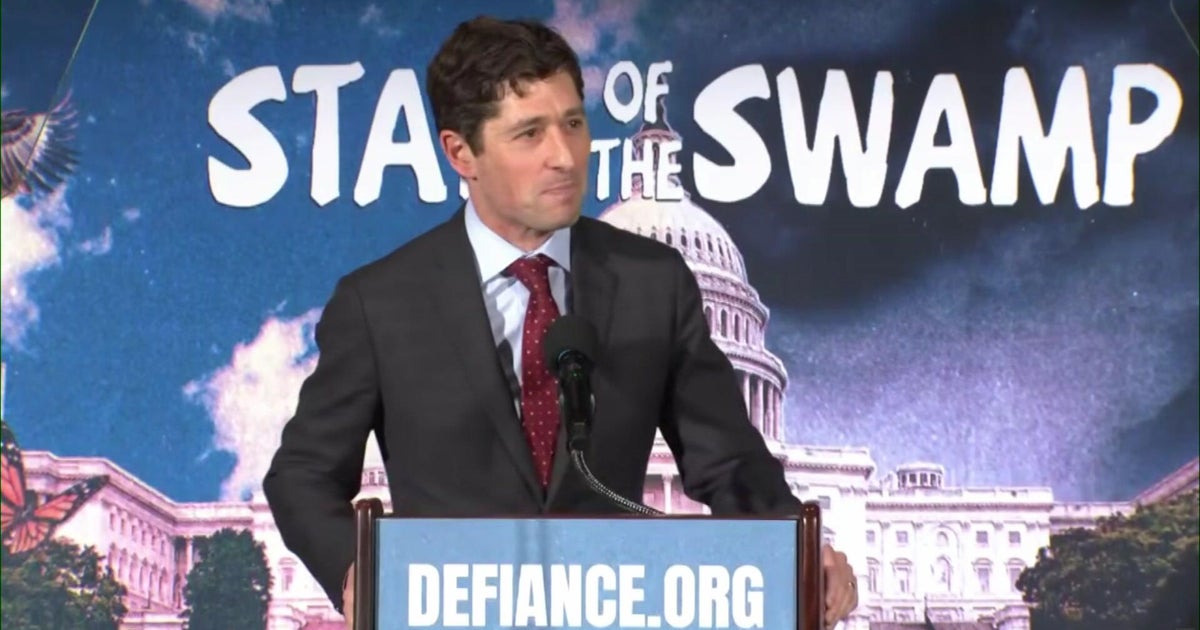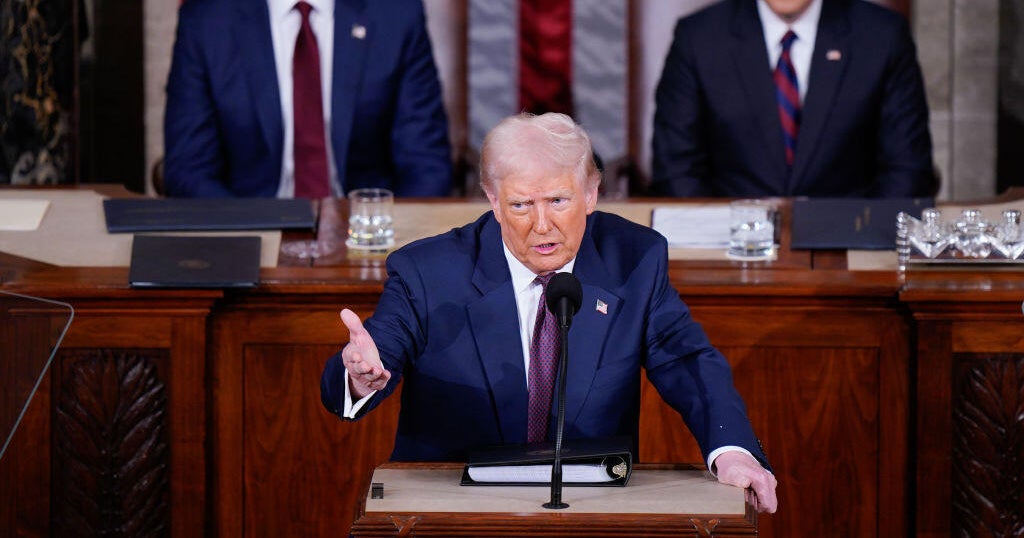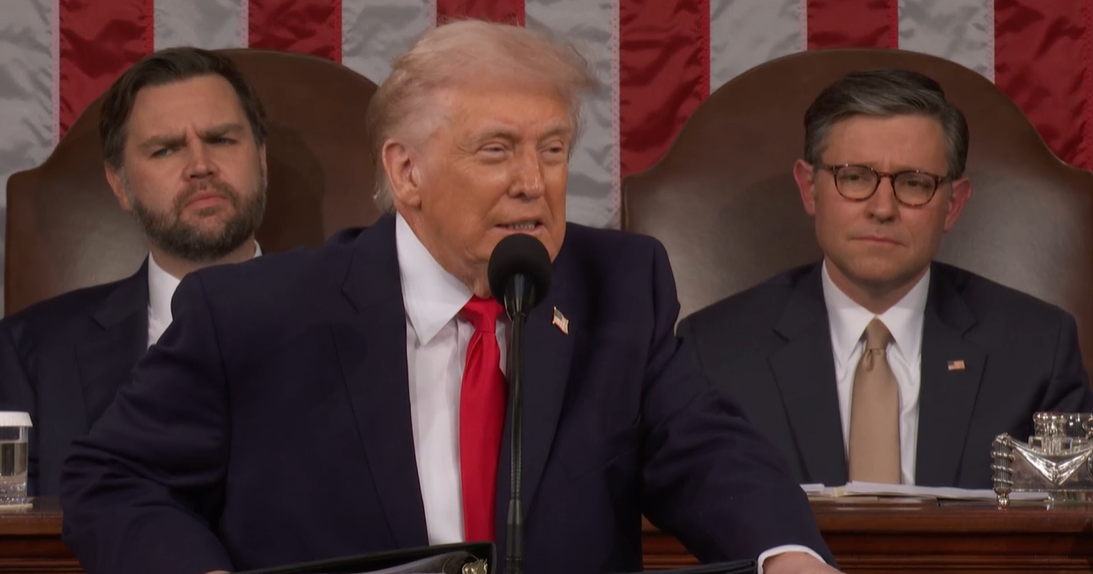Have an obscure interest? There's a House caucus for that
On some level, it makes sense that there is a Congressional Civility Caucus in the House of Representatives. Politicians and pundits alike have decried the lack of civility in modern politics, a trend exacerbated by the fiery tweets from President Trump. It seems right that a bipartisan group of representatives should get together to encourage civility within the House.
But the Congressional Civility Caucus, formed in 2005, is one of three caucuses dedicated to promoting civility in the House. There is also the Congressional Civility and Respect Caucus, which was formed in 2018, and the Congressional Honor and Civility Caucus, which was formed in 2017. The three caucuses occasionally work together; in April 2018, they collaborated to to host workshops and events for members of Congress. But despite this occasional cooperation, instead of forming a civil union, the civility caucuses engage in their civic duties separately.
There are the big names among the dozens of caucuses -- technically Congressional Member Organizations -- in the House, ones which even casual political observers have heard of: the hardline conservative Freedom Caucus, the moderate Democratic Blue Dog Coalition. The bipartisan Problem Solvers Caucus is focused on working across the aisle to solve legislative problems. The New Democrat Coalition includes fiscally conservative Democrats.
There are several caucuses based on identity, such as the influential Congressional Black Caucus, the Congressional Hispanic Caucus or the Congressional LGBT Equality Caucus. There are many which are issue-focused, like the Congressional Public Housing Caucus or a variety of cancer-focused caucuses. You have your caucuses based on relationships with other countries: the Friends of Ireland Caucus, Friends of New Zealand Caucus, Friends of Lichtenstein Caucus, etc. There are caucuses simply named for countries, from Singapore to Azerbaijan.
And then there are some caucuses which are a bit puzzling, based on the name alone. The Congressional Horse Caucus. The Congressional Kidney Caucus. The Congressional Jazz Caucus. There are so many dedicated to niche interests, representatives can be members of dozens of caucuses at a given time.
Members of the Congressional Candy Caucus, dedicated to promoting the confectionary industry, may not overlap with members of the Congressional Oral Health Caucus. Sporty representatives could join caucuses like the Congressional Baseball Caucus, the Congressional Bike Caucus, the Congressional Football Caucus, or the Congressional Hockey Caucus. Forward-thinking members may like the Congressional Artificial Intelligence Caucus, the Congressional Internet of Things Caucus, and the millennial-focused Congressional Future Caucus.
Although some caucuses and their missions may seem obscure to outside observers, they allow members of Congress to raise awareness about issues which they find important, like the Congressional Military Sexual Assault Prevention Caucus or the Congressional Shellfish Caucus. Moreover, many of these caucuses are more active than others -- some meet regularly, some rarely.
Caucus membership allows members to outline their priorities and focus on issues outside of the daily legislative grind.
Still, it's unclear why there are three separate caucuses to promote civility in Congress, instead of just one big caucus.



